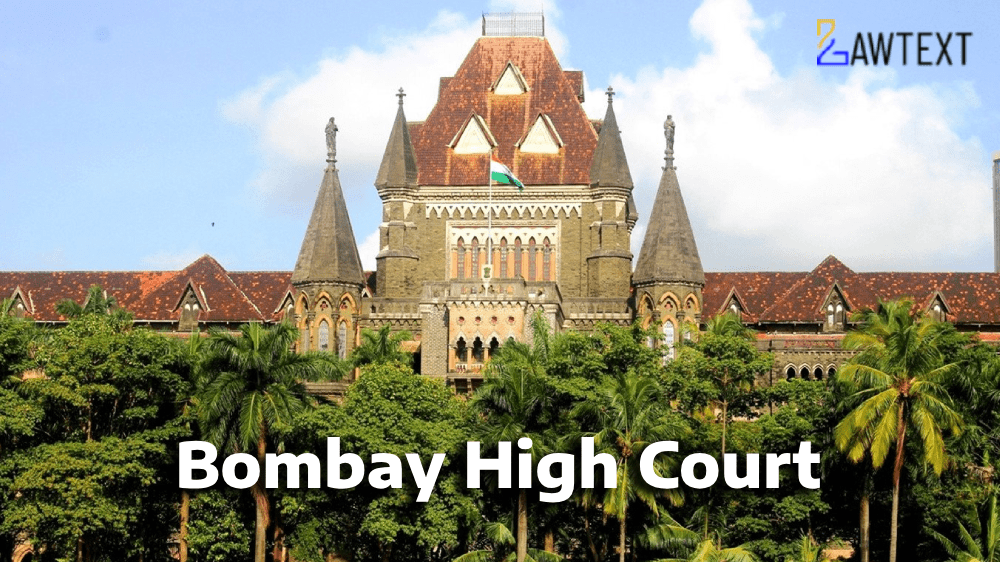

The Court held that: (a) The Special Recovery Officer was duly notified via the gazette notification. (b) The District Magistrate’s function under Rule 107(11)(d-1)(vi) is purely executionary — no discretion or independent inquiry required. (c) The petitioners were not entitled to a hearing at this stage of the recovery process.
The powers conferred on the District Magistrate under the Maharashtra Cooperative Societies Act, 1960, for possession orders are executionary in nature and do not require a quasi-judicial function. Therefore, the absence of a hearing does not violate principles of natural justice.
Writ Petition dismissed — No costs awarded — Application for stay rejected.
Acts and Sections:
Constitution of India (COI) — Article 226
Maharashtra Cooperative Societies Act, 1960 — Section 101, Section 156
Maharashtra Cooperative Societies Rules, 1961 — Rule 107(11)(d-1)(vi)
Subjects:
Executionary Powers — Natural Justice — Recovery Proceedings — Procedural Irregularities — Notification Validity — Possession Orders
Nature of the Litigation: The writ petition was filed under Article 226 of the Constitution of India, challenging the order dated 16th August 2024, passed by the District Magistrate, Pune, directing the Tehsildar to take possession of the petitioners’ mortgaged property.
Relief Sought: The petitioners sought quashing of the District Magistrate’s order, alleging procedural irregularities and non-compliance with statutory requirements.
Reason for Filing the Case: The petitioners contended that the Special Recovery Officer was not duly notified by the State Government under Section 156 of the Maharashtra Cooperative Societies Act, 1960. Further, they argued the order was passed without affording them an opportunity of being heard, violating principles of natural justice.
Previous Decisions: The Assistant Registrar issued a recovery certificate under Section 101 for Rs.28,15,685/-, and the District Magistrate subsequently appointed the Tehsildar for possession without any hearing for the petitioners.
Issues:
Whether the Special Recovery Officer was duly notified by the State Government.
Whether the District Magistrate was required to provide an opportunity of hearing before passing the possession order.
Whether the District Magistrate’s role under Rule 107(11)(d-1)(vi) is purely executionary or quasi-judicial.
Submissions/Arguments:
(a) Petitioners: Asserted procedural irregularities and the absence of a hearing mechanism — relied on judgments like Automotive Tyre Manufacturers Association v. Designated Authority & Ors. (2011) 2 SCC 258 and A.K. Kraipak & Ors. v. Union of India & Ors. (1969) 2 SCC 262. (b) Respondents: Produced a gazette notification dated 21st July 2022, designating the Special Recovery Officer for Pune and Satara — argued the District Magistrate’s role is strictly executionary, with no mandate for a hearing.
Citation: 2025 LawText (BOM) (2) 40
Case Number: WRIT PETITION NO.1331 OF 2025
Date of Decision: 2025-02-04
Case Title: Amit Prakash Jori And Anr. Versus The State of Maharashtra And Ors.
Before Judge: AMIT BORKAR, J.
Advocate(s): Dr. Abhinav Chandrachud i/by Mr. Samay Pawar for the petitioners. Mr. O.A. Chandurkar, Additional G.P. with Mr. S.H. Kankal, AGP for respondent Nos.1 & 3 – State. Mr. Pradeep Gole for respondent Nos.2 & 4.
Appellant: Amit Prakash Jori And Anr.
Respondent: The State of Maharashtra And Ors.